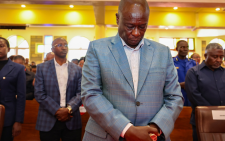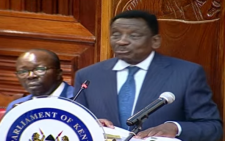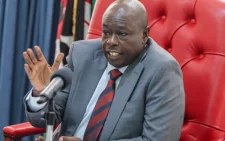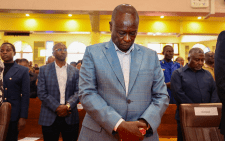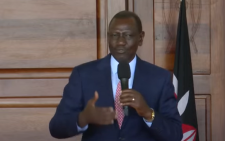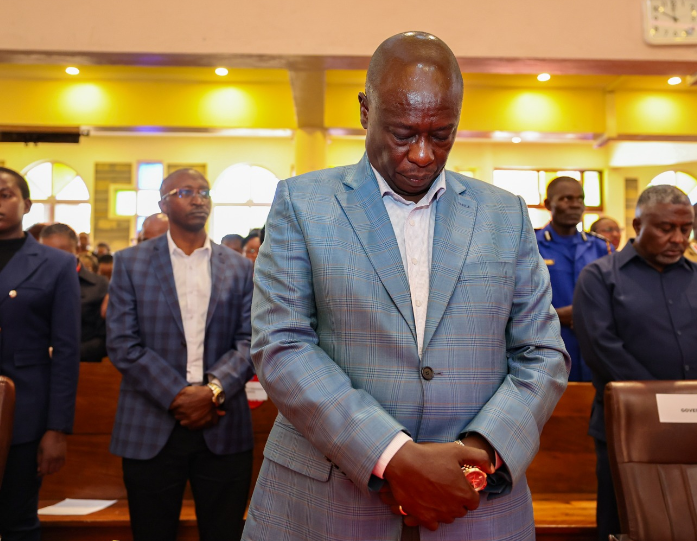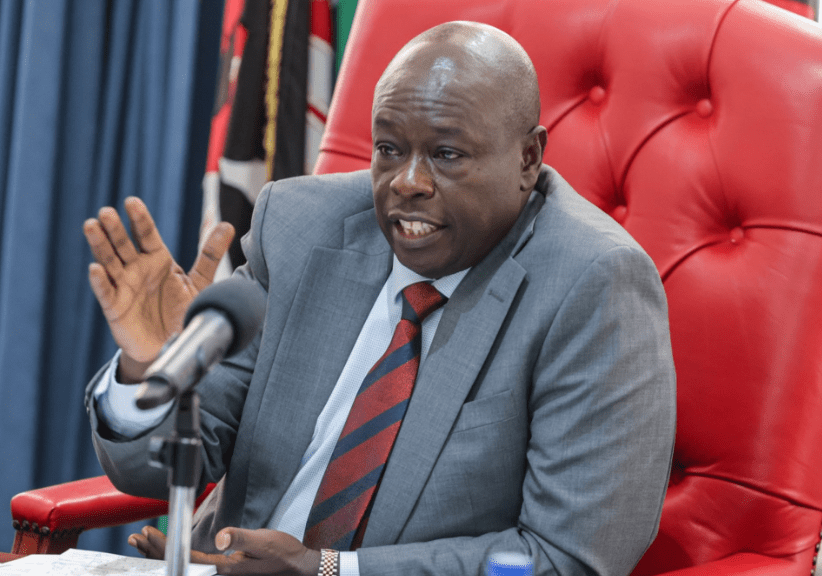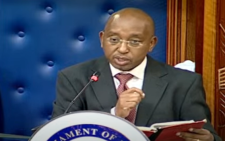he journey of grassroots football is closely connected with the efforts of individuals like John Bob Oyugi, secretary general of the Kenya Football Coaches Association (Kefoca), who has been at the forefront of this movement and is a key figure.
As a pioneer in Kenyan football, John Bob Oyugi is deeply involved in nurturing young talent and addressing the challenges facing youth football development in the country.
In an interview, he shares insights into the role grassroots football plays in creating opportunities for future stars and how it can be strengthened.
Oyugi paints a compelling picture of the challenges and potential of grassroots football in Kenya.
Established in October 1972, Kefoca was born during a period of football evolution in Kenya, following the national team’s participation in the Africa Cup of Nations (Afcon). Since then, Oyugi and Kefoca have been deeply involved in the development of football at all levels, particularly at the grassroots.
Foundation of football
He believes that grassroots football holds the key to unlocking the future of Kenyan football.
“Football development must start at the school and community levels,” he says.
“The structures for nurturing young talent are essential and should be well laid out by both the Football Kenya Federation (FKF) and the government.” When asked about the current state of grassroots football in Kenya, Oyugi acknowledges several challenges that hinder its growth. “We lack proper infrastructure.
“While schools exist, the government is responsible for providing infrastructure, and FKF should create the proper structures to guide the development of youth football.”
He notes that modern playing fields are essential but severely lacking across the country.
“Every region should also have a complex where young players can be trained properly,” Oyugi argues.
“Without good playing surfaces, we cannot expect our players to grow and perform on the international stage.”
He also stresses the importance of knowledgeable people in football development. “The Kenyan football constitution is retrogressive,” he says bluntly.
“It is holding back the development of football at the grassroots level. We need reforms that allow knowledgeable and experienced individuals to contribute to the growth of the sport.”
Despite the challenges, Oyugi optimistically avvers, “We have the talent.”
“What we need now is the right environment to nurture that talent. Once we do that, the sky’s the limit for Kenyan football.”
In the development of young talent within grassroots football, local coaches like Ibrahim Shikanda, head coach of Bungoma Superstars FC—a team competing in Division 1, Zone B—play a key role.
On his part, Shikanda highlights the importance of nurturing young talent at the grassroots level, which provides a foundation for future success at both the national and international levels.
One major factor Shikanda emphasizes is the eagerness of young players to learn and improve.
“The good thing about working with young, talented players is that they are ready to learn and give their best,” he says.
For coaches, this eagerness translates into an opportunity to instill discipline, techniques and the tactical knowledge necessary for players to succeed. The players’ cooperation makes it easier for coaches to mold them into top athletes.
Talent in schools
Talent identification still plays a crucial role in the rise of grassroots football in Kenya.
Shikanda mentions that local schools such as Kibabi, Bukende and Kabula Boys serve as reservoirs of young talent. Scouting players from these institutions ensures that promising athletes are identified early.
“We have students from different schools, and we make sure to scout and nurture their talent. After they finish school, they are ready to join the team immediately,” he says.
However, there are various challenges, one of the major ones being the lack of facilities and proper infrastructure. In many schools where football talent originates, adequate sports facilities are lacking.
Shikanda calls upon the government to invest in schools, citing the Ministry of Sports and Education as key stakeholders in the development of football at the grassroots.





